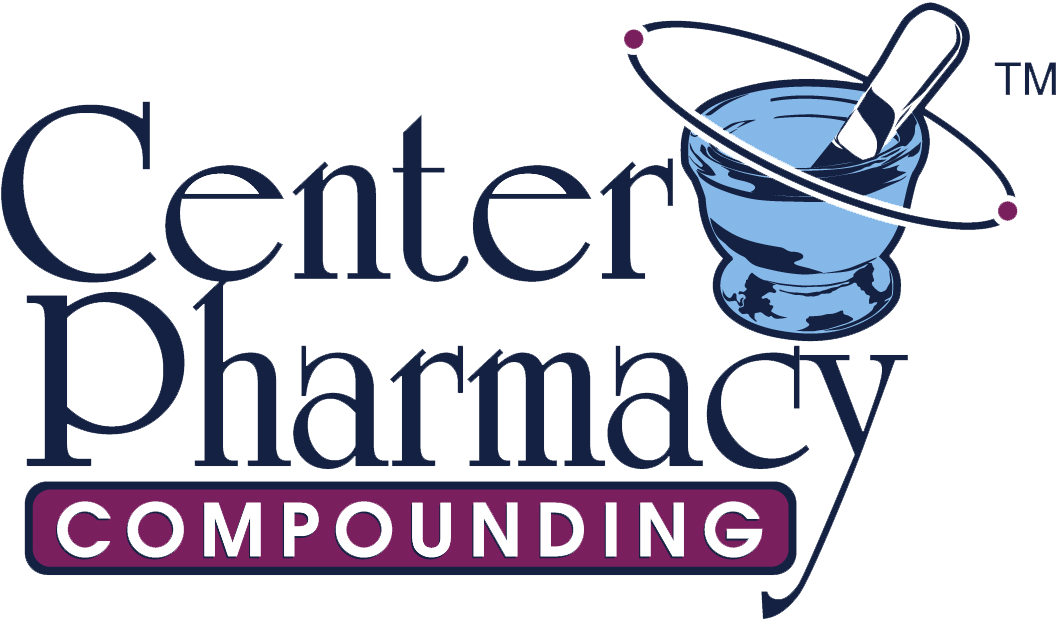FAQ
What is compounding and how does it benefit me?
Pharmacy compounding is the art and science of preparing customized medications for patients. Its practice dates back to the origins of pharmacy; yet, compounding's presence in the pharmacy profession has changed over the years. In the 1930s and 1940s, approximately 60% of all medications were compounded. With the advent of drug manufacturing in the 1950s and 1960s, compounding rapidly declined. The pharmacist's role as a preparer of medications quickly changed to that of a dispenser of manufactured dosage forms.
However, within the last two decades, compounding has experienced a resurgence as modern technology and innovative techniques and research have allowed more pharmacists to customize medications to meet specific patient needs.
There are several reasons why pharmacists compound prescription medications. The most important reason is what the medical community calls "patient non-compliance." Many patients are allergic to preservatives or dyes, or are sensitive to standard drug strengths. With a physician's consent, a compounding pharmacist can change the strength of a medication, alter its form to make it easier for the patient to ingest, or add flavor to make it more palatable. The pharmacist also can prepare the medication using several unique delivery systems, such as a sublingual troche or lozenge, a lollipop, transdermal gel or cream that can be absorbed through the skin. For those patients who are having a hard time swallowing a capsule, a compounding pharmacist can make a liquid suspension instead.
Can my child (or my elderly parent) take compounded medication?
Yes. Children and the elderly are often the types of patients who benefit most from compounding. Often, parents have a tough time getting their children to take medicine because of the taste. A compounding pharmacist can work directly with the physician and the patient to select a flavoring agent, such as vanilla butternut or tutti frutti, which provides both an appropriate match for the medication's properties and the patient's taste preferences.
Compounding pharmacists also have helped patients who are experiencing chronic pain. For example, some arthritic patients cannot take certain medications due to gastrointestinal side effects. Working with their physician's prescription, a compounding pharmacist can provide them with a topical preparation with the anti-inflammatory or analgesic their doctor has prescribed for them. Compounded prescriptions often are used for pain management in hospital care.
What kinds of prescriptions can be compounded?
Almost any kind. Compounded prescriptions are ideal for any patient requiring unique dosages and/or delivery devices, which can take the form of solutions, suppositories, sprays, oral rinses, lollipops and transdermals. Compounding applications can include: Bio-identical Hormone Replacement Therapy, Veterinary, Hospice, Pediatric, Dental, Otic (for the ear), Dermatology, Medication Flavoring, Chronic Pain Management, Neuropathies, Sports Medicine, Infertility, Wound Therapy, Podiatry and Gastroenterology.
Will my insurance cover compounded medications?
Center Pharmacy will file insurance for most all compounds. Coverage for your compounded medications will be based on your specific insurance plan. Not all compounds are covered by Medicare and Medicaid. Center Pharmacy can also provide a form if you need to file your own claim. Almost every insurance plan allows for the patient to be reimbursed by sending in claims forms. You may also want to consult with your personal insurance company regarding compounded medications with questions you may have.
Is compounding expensive?
Compounding pharmacists have access to pure-grade quality chemicals which dramatically lower overall costs. Its cost depends on the type of dosage form and equipment required, plus the time spent researching and preparing the medication. Generally the prices are very similar to that of other prescribed medications if not less.
Is compounding legal? Is it safe?
Compounding has been part of healthcare since the origins of pharmacy. The Food and Drug Administration has stated that compounded prescriptions are both ethical and legal as long as they are prescribed by a licensed practitioner for a specific patient and compounded by a licensed pharmacy. In addition, compounding is regulated by state boards of pharmacy. Compounding is widely used today in all areas of the industry, from hospitals to nuclear medicine. Over the last decade, compounding's resurgence has largely benefited from advances in technology, quality control and research methodology.
How long does it take to make a compounded medication?
Prescription compounds can take up to 24 to 48 hours to make. Remember your compound is being made in our lab specifically for you as an individual as your physician has ordered. Making a compound takes time and there are processes involved. Please know that whenever possible your compounded prescription may be available sooner than 24 hours.
Should I let you know if I have questions about my compound after I pick it up and how it's working?
Call us right away if you have any questions about your compound or its use. We would very much like to know if you are feeling better so give us a call and let us know how you are doing. If you are still having problems we can call your physician and request a prescription to have your compound titrated accordingly.
Does my doctor know about compounding?
Prescription compounding is a rapidly growing component of many physicians' practices. But in today's world of aggressive marketing by drug manufacturers, some may not realize the extent of compounding's resurgence in recent years. Ask your physician about compounding. Then get in touch with Center Pharmacy - we are committed to providing high-quality compounded medications in the exact dosage form and strength determined by your prescriber. Through the triad relationship of patient, prescriber and pharmacist, all three can work together to solve unique medical problems in the most effective and productive way.
Is custom compounding right for me?
Contact a Center Pharmacy pharmacist today to learn more about the benefits of personalized prescription compounding.
